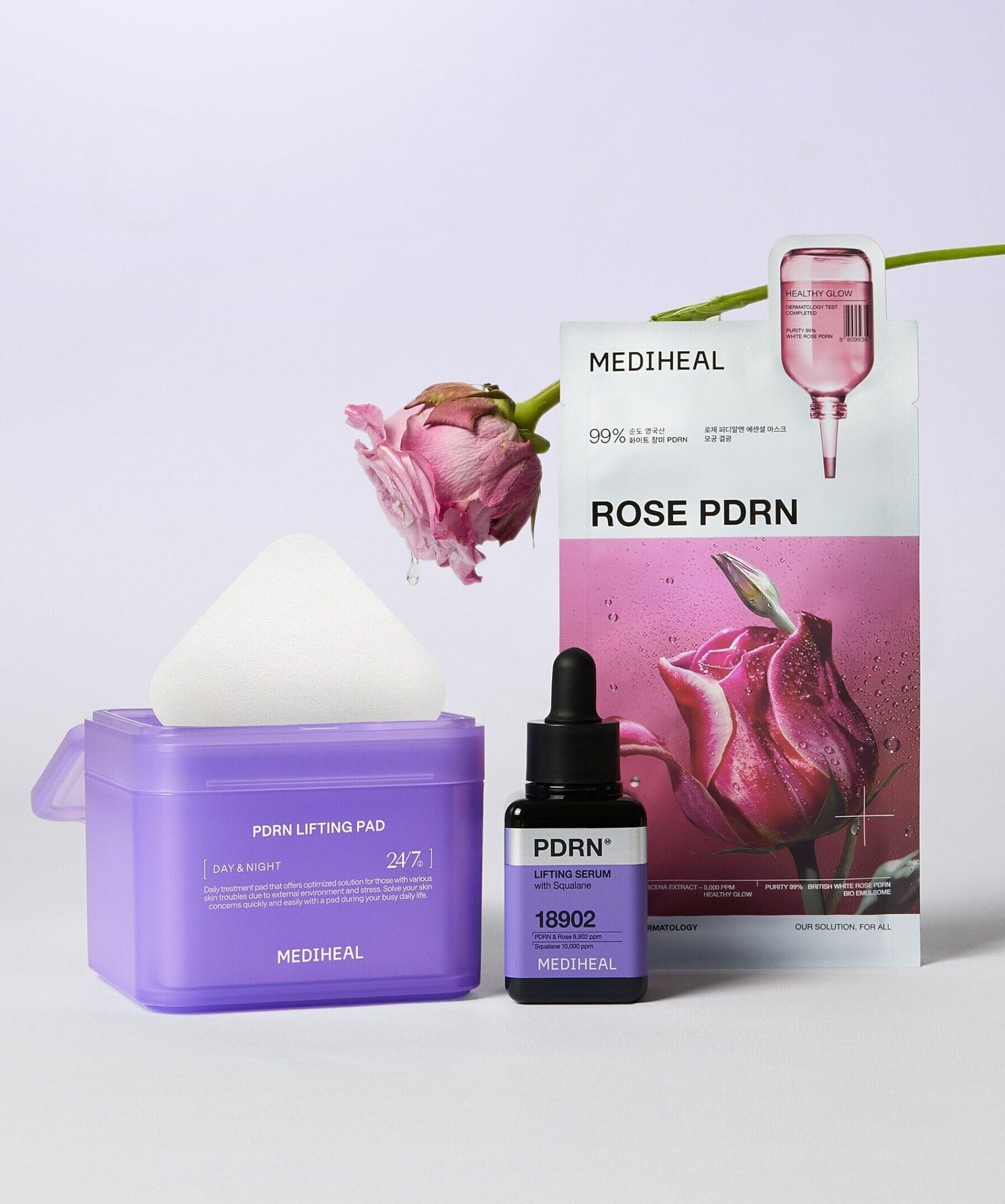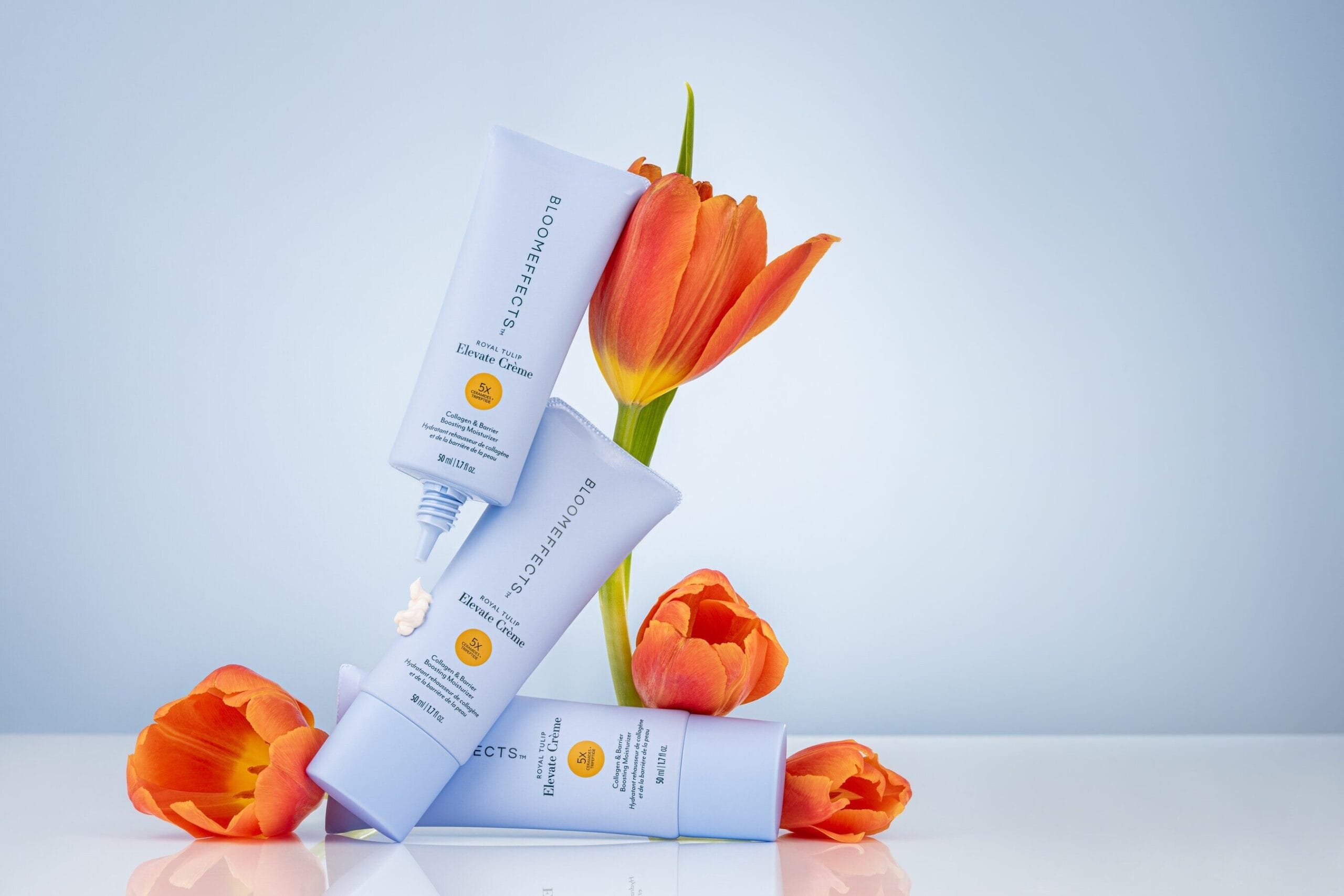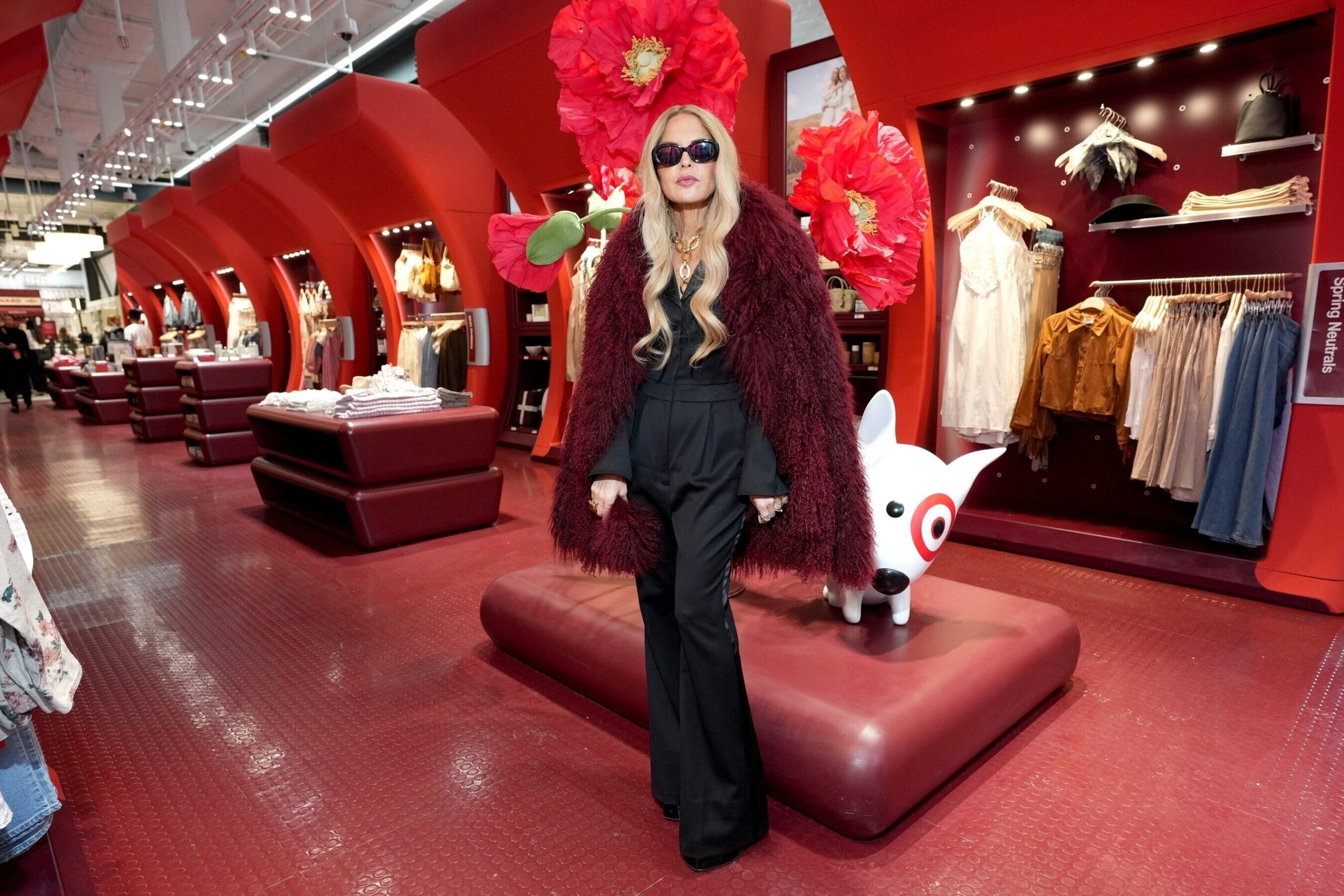The beauty world’s latest drama pits glow against dupe. The beauty industry is no stranger to controversy, but the current legal clash between Brazilian-inspired beauty powerhouse Sol de Janeiro and fast-rising Australian brand MCoBeauty has sparked a new debate about the boundaries of inspiration, imitation, and intellectual property in the age of “dupes”. This high-profile lawsuit is not just about two brands; it’s about the future of competition, creativity, and consumer choice in beauty.
The Lawsuit: Sol de Janeiro Strikes First
In late 2024, Sol de Janeiro filed a lawsuit in the U.S. District Court for the Southern District of New York, officially initiating the case on November 20, 2024, and accusing MCoBeauty of copying the look, feel, and even the marketing language of its cult-favorite Cheirosa body mists. The complaint alleges that MCoBeauty’s fragrances mimicked Sol de Janeiro’s signature color-coded bottles, playful fonts, and even used phrases like smells exactly like the original scents to lure customers.
Sol de Janeiro argues that MCoBeauty’s statements are false, its fragrances are inferior, and the company is misleading consumers while profiting off Sol de Janeiro’s reputation, as referenced in court documents.
Sol de Janeiro claims that such tactics not only confuse consumers but also damage the reputation and value the brand has built over the years of innovation and marketing. The company’s stance is clear: it wants to set a precedent that protects unique product identities from being diluted by lookalikes.
MCoBeauty’s Bold Response
Instead of backing down, MCoBeauty has mounted a robust defense, challenging the very foundation of Sol de Janeiro’s claims. The Australian brand, which has become a household name for affordable “luxury for less” products, argues that the elements Sol de Janeiro seeks to protect, such as bottle shapes, colors, and fonts, are generic and widely used throughout the beauty industry.
MCoBeauty maintains that it has not infringed on any protected rights and asserts that Sol de Janeiro is attempting to claim ownership over design elements that are functional or commonly found in the beauty sector.
MCoBeauty’s defense strategy is threefold:
- Trade Dress Isn’t Unique: The brand insists that Sol de Janeiro’s packaging choices are standard in the industry and not distinctive enough to warrant exclusive rights.
- No Real Confusion: MCoBeauty claims its own fragrances are clearly labeled and marketed as alternatives, not counterfeits, and that consumers know exactly what they’re buying.
- Truthful Marketing: The company maintains that statements like “smells exactly like” are fair comparisons and not misleading, especially when the products are sold at a fraction of the price.
The Stakes: More Than Just Two Brands
This legal fight comes at a time when the “dupe” phenomenon is booming. Social media, especially TikTok and Instagram, has made finding and sharing affordable alternatives to luxury products a global trend, with TikTok videos featuring the #dupe hashtag amassing billions of views and fueling consumer interest in accessible beauty options.
MCoBeauty has thrived in this environment, reporting explosive growth and becoming one of Australia’s top-selling beauty brands. The brand’s “luxe for less” positioning and adaptation to the fast-moving dupe trend have contributed to its rapid ascent in the market.
Meanwhile, Sol de Janeiro’s global fanbase and reputation for quality have made it a target for imitation, but also a leader in the fight to protect brand identity. The outcome of this case could influence how brands approach packaging, marketing, and even product development in the years ahead.
Industry observers note that as more fragrance and cosmetics companies adopt dupe marketing strategies and established brands work to protect their visual and olfactory identities, the outcome of this case could influence how U.S. courts address lookalike claims in the future.
What’s Next?
The case is still moving through the courts, with both sides standing firm. If Sol de Janeiro prevails, brands may need to rethink how closely they can mimic the aesthetics and messaging of their competitors. If MCoBeauty wins, the dupe market could become even more competitive, with fewer legal risks for brands offering affordable alternatives.
One thing is certain: this lawsuit is far more than a business dispute. It’s a pivotal moment for the beauty industry, raising important questions about creativity, competition, and the rights of both innovators and imitators. As consumers, we’ll be watching closely because the outcome could shape the products and choices we see on shelves for years to come.


















